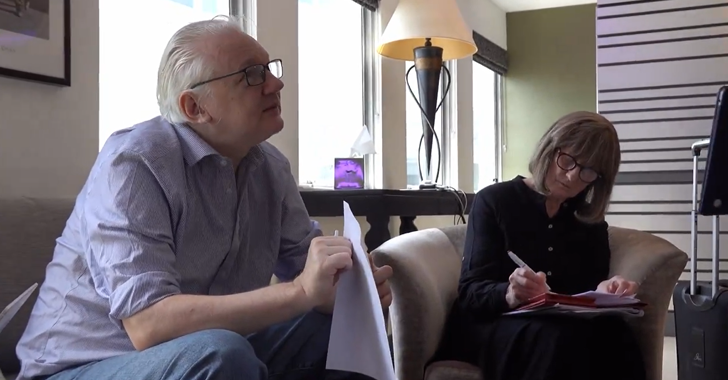Julian Assange, the founder of WikiLeaks, was released from a high security prison at Belmarsh, England, and left the country after more than five years of imprisonment for what the US government called the “largest compromises of classified information” in its history.
Assange, 52, entered a guilty plea to one single count of arranging to get and leak confidential U.S. national defence papers, capping a 14-year legal drama. Later this week, he will be sentenced to 62 months of imprisonment that he has already served on the Pacific island of Saipan.
The hearing is being held there due to Assange’s “opposition to travelling to the continental U.S. and the court’s proximity to Australia,” as stated by the Associated Press.
“This is the result of a global campaign that spanned grass-roots organisers, press freedom campaigners, legislators and leaders from across the political spectrum, all the way to the United Nations,” the organisation said in a statement.
“This created the space for a long period of negotiations with the U.S. Department of Justice, leading to a deal that has not yet been formally finalised.”
After being granted bail by the London High Court on Monday, Assange has taken a plane to Australia. In Sweden, he was also accused of separate counts of sexual assault and rape, which he has refuted.
Assange’s activities “risked serious harm to United States national security to the benefit of our adversaries and put the unredacted named human sources at a grave and imminent risk of serious physical harm and/or arbitrary detention,” according to a 2019 statement from the U.S. Department of Justice (DoJ).
Given that Assange had previously served more time in prison than most others charged with a similar offence, it is thought that the DoJ approved the plea deal with no extra prison sentence.
WikiLeaks was founded in 2006 and is thought to have released over 10 million documents about war, espionage, and corruption. These documents include military field logs from the wars in Afghanistan and Iraq, diplomatic cables from the United States (known as “Cablegate”), and details on detainees at the Guantanamo Bay.
Furthermore, it made public a number of cyberwarfare and surveillance instruments purportedly developed by the U.S. Central Intelligence Agency (CIA), together referred to as Vaults 7 and 8. Additionally, it included records describing the National Security Agency’s eavesdropping on Brazil, Japan, France, Germany, and other countries.
A 40-year prison term has been imposed on Joshua Schulte, a former CIA engineer who was charged with disclosing the hidden cache of cyberweapons.
The disclosure of hundreds of thousands of documents to WikiLeaks, which became known as the Iraq War Logs and Afghan War Diary, earned Chelsea Elizabeth Manning (born Bradley Edward Manning), another collaborator of Assange, a 35-year prison sentence that was commuted in January 2017 by then-President Barack Obama.

